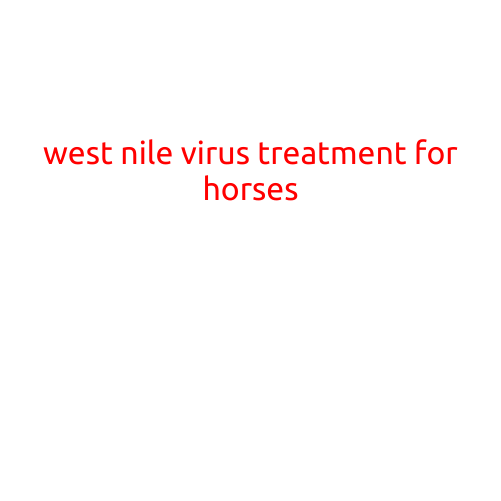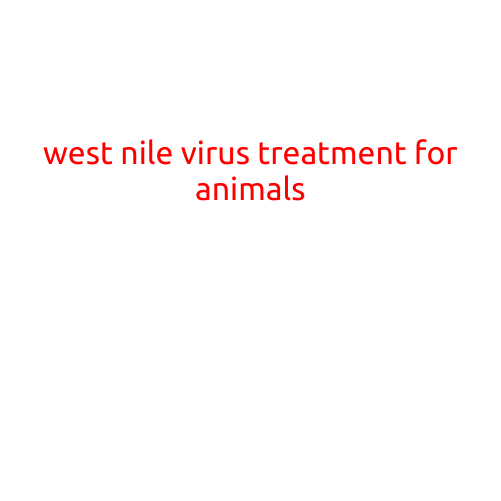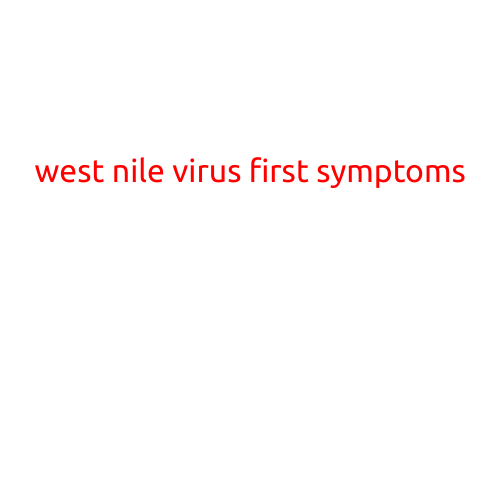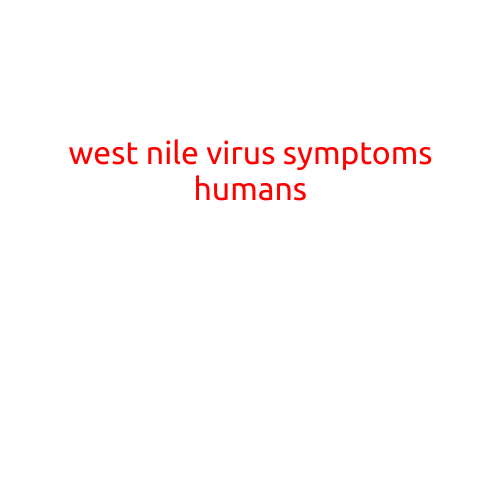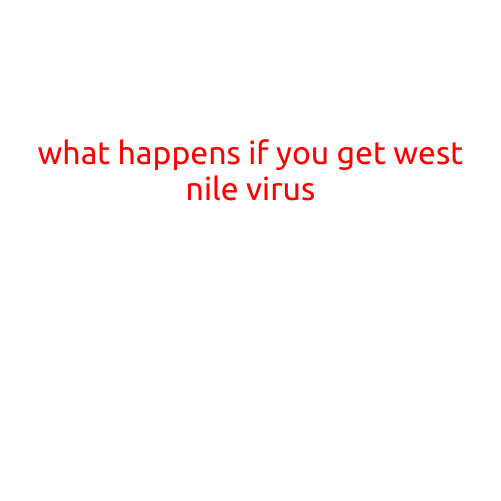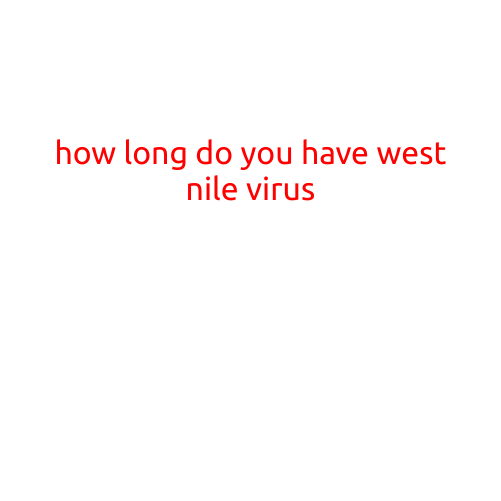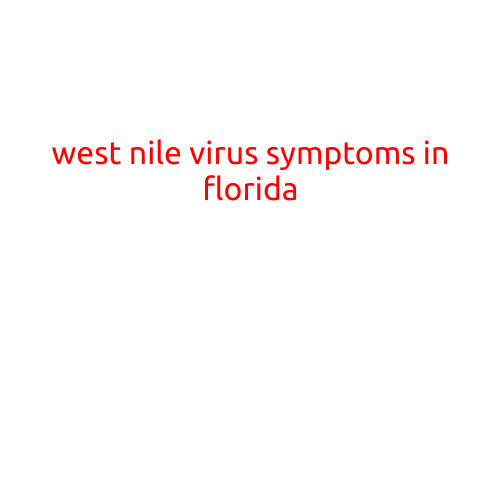
West Nile Virus Symptoms in Florida: What You Need to Know
West Nile virus (WNV) is a serious and potentially deadly disease transmitted by mosquitoes. Every year, Florida health officials report cases of WNV, and it’s essential for residents to be aware of the symptoms and take necessary precautions to prevent infection.
What is West Nile Virus?
West Nile virus is a flavivirus that is typically spread to humans through the bite of an infected mosquito. Most people infected with WNV will not experience any symptoms at all, but in some cases, the virus can cause a range of illnesses, from mild to severe.
Symptoms of West Nile Virus
The symptoms of WNV can vary depending on the individual and the severity of the infection. In general, most people who become infected with WNV will experience:
- Mild symptoms: headache, fever, muscle weakness, or soreness
- Severe symptoms: high fever, stiff neck, confusion, loss of coordination, or tremors
Serious Symptoms to Watch Out For
In rare cases, WNV can cause more severe symptoms, including:
- Meningitis: inflammation of the lining around the brain and spinal cord
- Encephalitis: inflammation of the brain
- Flaccid paralysis: weakness or paralysis of the face, arms, or legs
If you or a family member experiences any of these severe symptoms, seek immediate medical attention.
How is West Nile Virus Diagnosed?
Diagnosis of WNV typically involves:
- Blood tests: to detect the presence of WNV antibodies
- Lumbar puncture: a spinal tap to collect cerebrospinal fluid for testing
- Brain imaging: to rule out other conditions that may be causing symptoms
How to Prevent West Nile Virus Infection in Florida
To reduce the risk of WNV infection, follow these simple steps:
- Use insect repellent: Apply insect repellent containing DEET or Picaridin to exposed skin and clothing.
- Wear protective clothing: Wear long-sleeved shirts, long pants, and socks when outdoors.
- Avoid peak mosquito hours: Mosquitoes are most active during dawn and dusk, so avoid outdoor activities during these times.
- Eliminate standing water: Mosquitoes need standing water to breed, so remove any sources from your yard, such as flower vases or bird baths.
- Install window and door screens: Make sure to install screens on all windows and doors to prevent mosquitoes from entering your home.
What to Do if You’re Bitten by a Mosquito
If you’re bitten by a mosquito, take the following precautions:
- Check for signs of infection: Monitor yourself for any symptoms of WNV infection, including fever, headache, or muscle weakness.
- Seek medical attention: If you experience any of the severe symptoms mentioned above, seek immediate medical attention.
Conclusion
West Nile virus is a serious disease that can have serious consequences, but by understanding the symptoms and taking precautions to prevent infection, you can reduce the risk of getting infected. If you experience any symptoms of WNV, seek medical attention immediately. Remember to always prioritize your health and take steps to prevent mosquito-borne illnesses.
